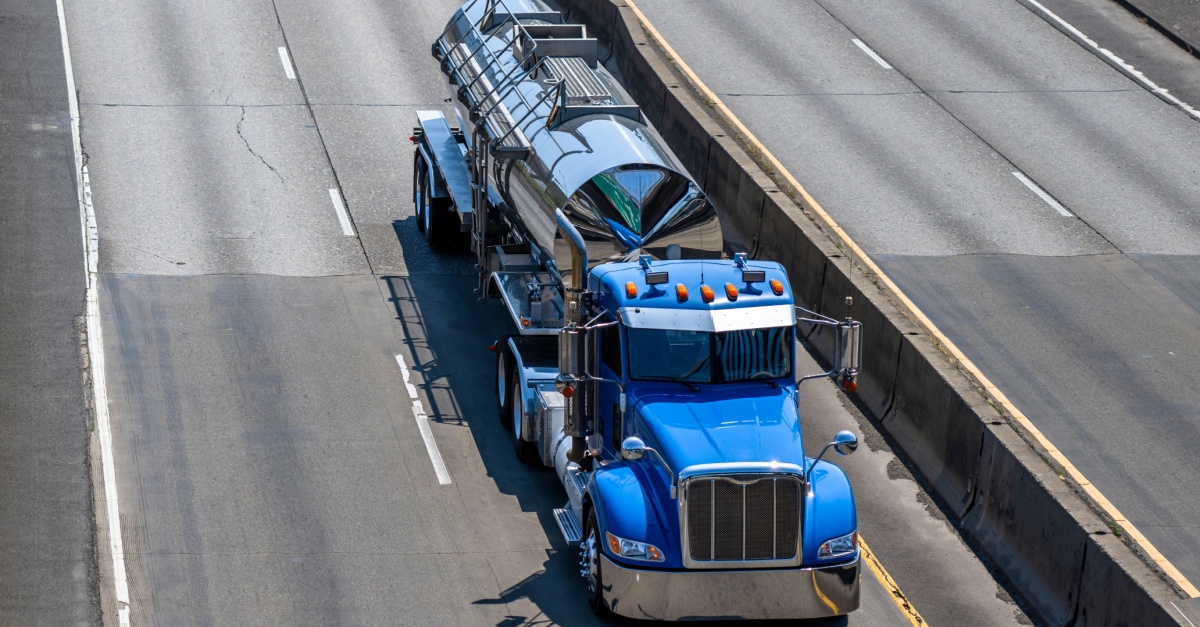The fact is that 2025 has been a messy year for freight, and there is no indication that 2026 will be any different. The value of partnering with a freight broker in 2026 will come in adding capacity to a tightening marketplace, adding scalability and agility to day-to-day transportation operations, mitigating costs, and having high-level visibility.
What Exactly Does a Freight Broker Bring to the Table?
Ideally, your freight broker eliminates risk from the entire process by matching your needs with the right mode of transportation and equipment, secures market terms and prices, and ensures your shipping process is uninterrupted.
Here is how that works:
1. Capacity on Demand, Not on Hope
Truck supply can be unpredictable, and factors such as truck capacity exiting the marketplace either by bankruptcy or being acquired by larger, more financially sound carriers, weather, strikes, imports, and even trade uncertainty can cause capacity to change rapidly. This means the type of equipment you want may not be available when you need it. So you need a trusted brokerage partner.
That’s where a robust carrier network plays a significant role. A freight broker has thousands of vetted options across dry van, LTL, intermodal, flatbed, temperature controlled, expedited, power only, sprinter, and straight truck capacity, so even when supply tightens, you are sure to have some options. A freight broker also ensures agility and scalability for peak seasons, such as end-of-year surges and promotional spikes, to avoid challenges in securing capacity.
2. Smarter Rates in a Chaotic Market
While ocean benchmarks, such as Drewry’s WCI, have swung significantly throughout 2025, U.S. trucking rates have remained down through much of the year, thanks to a long-standing freight market downturn. Rates can rise and fall just as quickly, and that volatility can punish shippers without foresight.
However, a freight broker constantly monitors the market and has invested in technology and uses it to help guide your spending. The broker achieves this by leveraging live benchmarks and mini-bids. Ultimately, with a broker, you can tap into more competitive rates as soon as they become available and keep your shipping costs under firm control.
3. Tech That Shows Every Mile
Freight brokerage partners like Wicker Parker Logistics bring logistics technology that removes guesswork from the entire shipping operation. This way, you have access to freight visibility they can trust and count on. For example, when you see dwell time in minutes and miles in motion, your logistics team can fix problems before they escalate into detention.
Here is an example of what you get when you partner with Wicker Park Logistics:
- Load Tracking. Real-time pings, geofences, and clean load tracking turn ETAs into plans.
- Milestone Tracking. Automated notifications monitoring milestone delays.
- Automated Workflow. System notifications support end-to-end operations.
- System Integrations. API, EDI, and TMS integrations automate status updates directly into your ERP, eliminating the need for manual data entry.
4. Rules, Risk, and Reliability Handled
If 2025 has taught us anything, it is that policies and regulations are subject to change — sometimes faster than you can plan for it. And the consequences for not adhering to the new regulations can be severe, including substantial fines or suspended freight operations. A good broker shields you with proven processes and the experience to manage contingency planning to avoid further risks.
Here is why it matters in a volatile world:
- Regulatory Clarity. The FMCSA’s 2023 guidance clarified who constitutes a broker and who constitutes an agent, thereby helping everyone understand the rules. That guidance arms freight brokers with the tools needed to make informed decisions for their clients.
- Financial Backstops. Bond rules and oversight protect shippers in the event of a broker’s failure, with established steps for claims and continuity.
- Fraud Management. Robust processes help monitor and manage risk of carrier fraud.
Ultimately, you are getting vetted carriers, clean paperwork, and fewer nasty surprises.
5: One Desk for Every Mode
Most logistics and supply chain networks require more than one mode of transportation. For example, you may route drayage on Monday, ocean on Tuesday, and last mile on Friday. Running that alone takes a lot of time and effort. However, with a broker, you have end-to-end coverage, which means that you can run truckload, dry van, temperature controlled, expedited, LTL, partial truckload, last mile, intermodal, flatbed, power only, ocean, air, and drayage through a single playbook.
Cut Through the Noise With Wicker Parker Logistics
If your team struggles with finding capacity, missed appointments, surprise invoices, or late-night fire drills, a seasoned freight broker will cut the noise, protect your cash, and steady your freight operations. Wicker Parker Logistics offers broad modes, scalable capacity, and no-nonsense execution, allowing your freight to move with less stress and more control. Connect with us today to get a quick quote for your freight needs.















